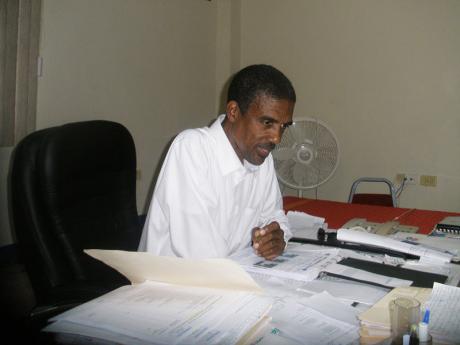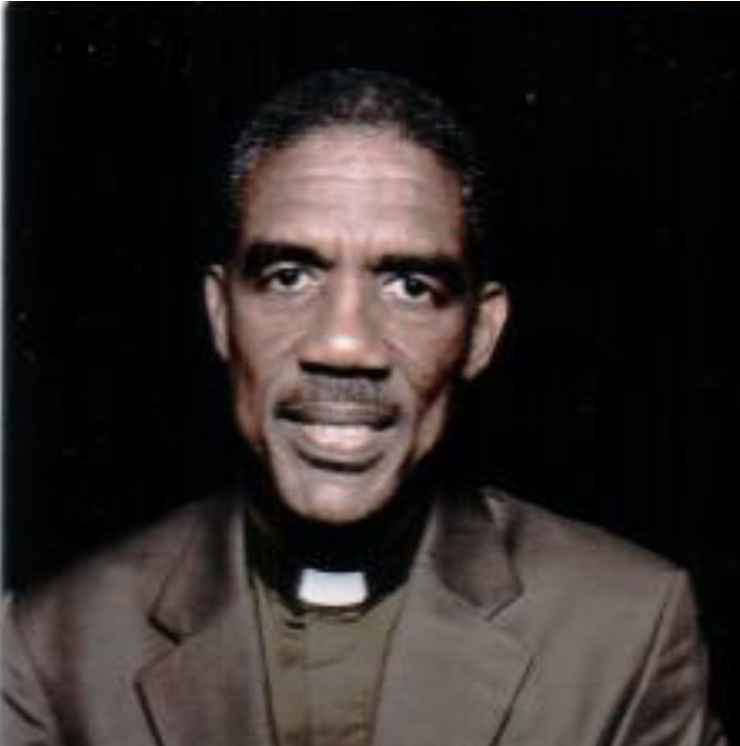The Church in Reparation Action
By: Rev. Dr. Gordon Cowans
January 29, 2024

In every generation, the Church is called to live out Christ’s concern for the world to which He came. How the Church demonstrates this loving concern is what defines mission.
Yet, the Church’s understanding of its mission evolves over time and often varies from place to place. At its core, Christian mission is as old as the church itself. It is the missionary God who sent the Son to the world (who) calls all God’s people (John 20:21) and empowers them to be a community of hope.
The mission is meant to confront exploitative systems and practices which generate and sustain persistent poverty for some, harbour discrimination and undergird forces of dehumanization. The mission of the Church is love.
Sadly, the institutionalized church has not always found itself engaging its mission consistent with God’s word.
The urge for reparations for African descendants of the enslavement and trade in their ancestors is not new. It is a call for justice for centuries of oppression and the persistent legacies of slavery.
The capture, trade and enslavement of African people was initiated and developed in a quest by European powers to create an essential labour force for their exploitation of the assets of the territories which they had begun to claim in the 15th Century.
The brutal economic activity flourished and persisted for far too long. Between 1500 and 1880, over ten million Africans were captured and transported, many dying en route. It was a barbaric, colonial, exploitative economic venture which would continue for centuries thereafter.
The burgeoning Reparations movement recognizes that the legacy of the degradation of people and natural resources in colonial societies is passed from generation to generation and provides sufficient cause for a call to address historical wrongs and injustices so perpetrated.
The consistently applied process of dehumanization of more than ten million people over centuries must be ranked as a heinous crime without comparison. This atrocity must be publicly recognized and acknowledgement of the injury is to be accompanied by concrete actions towards restitution. Time has come for Repair through reparatory justice.
Many denominations of the global Christian church have been engaged in the search for credible historical information to undergird their urge to confront the unpalatable truth of church complicity in slavery. With the internationally publicized, cruel killing of George Floyd and the upsurge in the international influence of the Black Lives Matter movement, more commercial and civic organizations including many churches and para-church agencies have intensified their search for truth and healing.
It is in this milieu that the Churches’ Reparations Action Forum (CRAF) has emerged in the Caribbean. Beginning with CRAF (Jamaica), it was formally established in 2023 after four years of work by men and women of faith, many of whom serve in significant roles in their denominations.
CRAF is a network of men and women of faith committed to the application of their extensive professional experience and competencies to implement programmes of reparatory justice in partnership with churches, para-church and other organizations operating locally and overseas.
Being registered as an NGO in Jamaica, CRAF has prepared itself to be a conduit for church action in the issues arising from the legacies of slavery. It uses its substantial reach in grassroots Jamaica to generate programmes and projects able to positively affect the most vulnerable in the society.
Reparations may take a variety of forms and the ecumenical movement in the Caribbean has taken an approach which focuses on societal repair. CRAF has released a 7-point Plan of Reparations which focuses on damaged areas of Caribbean life to which actions of reparatory justice can offer repair. Among these spheres of life are land use and distribution, education, child rearing and parenting practices and crime and violence.
Reparations are meant to contribute to the healing of people and communities from generations of psychological trauma. This healing approach focuses on the reconnection of the descendant to his/her dignity and worth and creates conditions in which all may flourish.
The Church is well placed to engage this work towards the holistic healing of the person; body, mind and spirit and the healing of relationships. In this process the church will confront the harmful results of some ecclesiastic and theological positions which in the past provided support, if not encouragement, to forces of oppression in the process of dehumanizing large swathes of humanity. New and liberating ways of interpreting Scripture will provide the moral underpinning for actions of healing and reconciliation.
Not surprisingly, this approach which is focusing on repair to a damaged people highlights the importance of re-envisioning education. Much of the psychological damage embedded in the generational trauma of slavery has been engrained through public education. School curricula on all levels do an injustice to the peoples’ history, often deliberately undermining the contribution to society of enslaved and formerly enslaved people. History is to be retold and learn in a manner which honors the presence, the experience, and the contribution of generations of enslaved people. This will no doubt contribute to a necessary re-evaluation of their worth and an improved sense of self-worth in their descendants.
To this end, one of CRAF’s initial projects is the drive towards the establishment of Freedom Schools. Initiating the work at the secondary level, this programme will see the establishment of co-educational secondary level institutions established across the length and breadth of the island. Their ethos will be one of liberation and respect for self and heritage.
There is a wind of change blowing. Conscientious actions aimed at restorative justice will contribute to a tide towards reconciliation on a level not before experienced. CRAF has emerged for such a time as this.


About the author:
Rev. Dr. Gordon Cowans is a Minister of the United Church in Jamaica and the Cayman Islands, and is the Caribbean Co-ordinator of the Ecumenical Disability Advocates Network (EDAN) of the World Council of Churches (WCC). The General Secretary and a Co-Founder of the Churches Reparation Action Forum (CRAF), Jamaica, Dr. Cowans currently serves on a task force on the Legacies of Slavery for the Council for World Mission (CWM).
